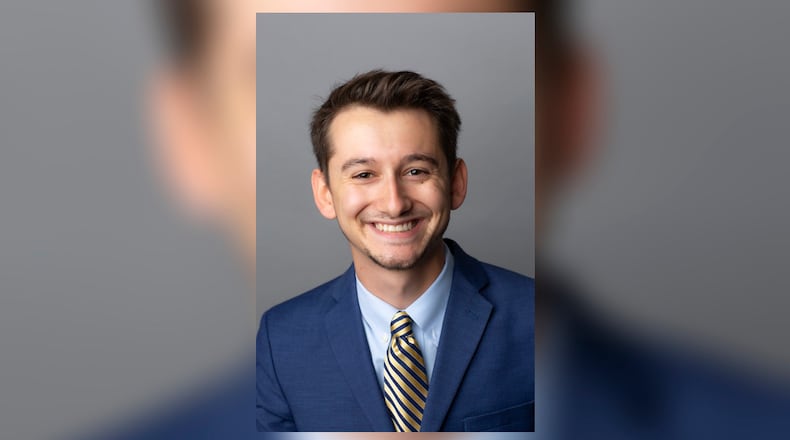I’m sharing this not just to expose the harassment I’ve received for speaking out, but to explain why I speak out.
I grew up in a proud Jewish household where Israel was central to my identity. My Jewish education began in kindergarten, Sunday school at Temple Israel, Hillel Academy, Jewish overnight camp, youth group leadership, and JCC International. I was taught that supporting Israel was part of being Jewish. But whenever I asked questions, I was met with deflection, or worse: “Palestinians don’t exist.” The rhetoric echoed the same pernicious logic once used to strip Jews of their humanity. Learning that my family descended from Palestinian Jews who lived peacefully among Muslims and Christians before 1948 made this even more personal. I became determined to understand those we’d been taught to see as the “other.”
In February of 2015, I traveled with a small group to the occupied Palestinian territories in the West Bank to explore some of the early history of the Abrahamic religions. We visited holy sites like the Ibrahimi Mosque and Church of the Nativity, and shared a meal with a Palestinian family. I quickly realized my ignorance about the region’s conflict and the daily indignities Palestinians face. As we moved through Areas A, B, and C of the West Bank, I was jolted by the revelation that my Palestinian guide was barred from traversing streets I could walk freely, his native soil rendered off-limits. I saw roads restricted to Israelis, sewage from hilltop settlements draining into Palestinian villages, and IDF soldiers guarding communities established illegally under international law. The experience had the unmistakable texture of dystopia.
In 2020, I moved to Dearborn, Michigan, the largest Arab American city in the U.S. I lived there for four years, befriending those from Palestine, Yemen, Lebanon, Syria, Iraq, and beyond, in some cases as the first Jew they had ever met. I lived as a Jew in Dearborn, mezuzah affixed, customs observed, and not once did I feel imperiled. I shared Arab sweets, learned about the diversity of Arab culture, and listened to stories that reshaped what I thought I knew: like hearing firsthand how friends lost family members in Israeli airstrikes.
So began the subsequent phase of my advocacy, elevating voices that are calling out human rights violations happening in my name, in the name of Judaism. Unfortunately, standing up for what I believe in is what led to the doxxing.
Now let me be very clear: all violence against those for their political or national affiliations should be condemned, such as the attack in Boulder, Colorado, the murder of an Israeli couple in Washington D.C. and the airstrike that decimated Dr. Alaa al-Najjar’s family, killing nine of her ten children. The past year and a half of violence has fueled a numbing cycle for many, turning tragedy into little more than a statistic. No civilian, Palestinian or Israeli, deserves collective punishment by opposing forces due to their nationality, religion, or ethnicity.
When Jews attack other Jews for expressing a different opinion, they participate in the same ugly logic that has historically been used against us, the logic that says only “certain” Jews are worthy of belonging, dignity, or even safety. Not only this, but they fuel antisemitism themselves.
If we want Judaism to have moral meaning in this century, it must stand firmly against hatred, not just from others, but also from within. Death threats have no place in Judaism. Not now. Not ever.
Samuel Caruso is a graduate student and Dayton resident.
About the Author
